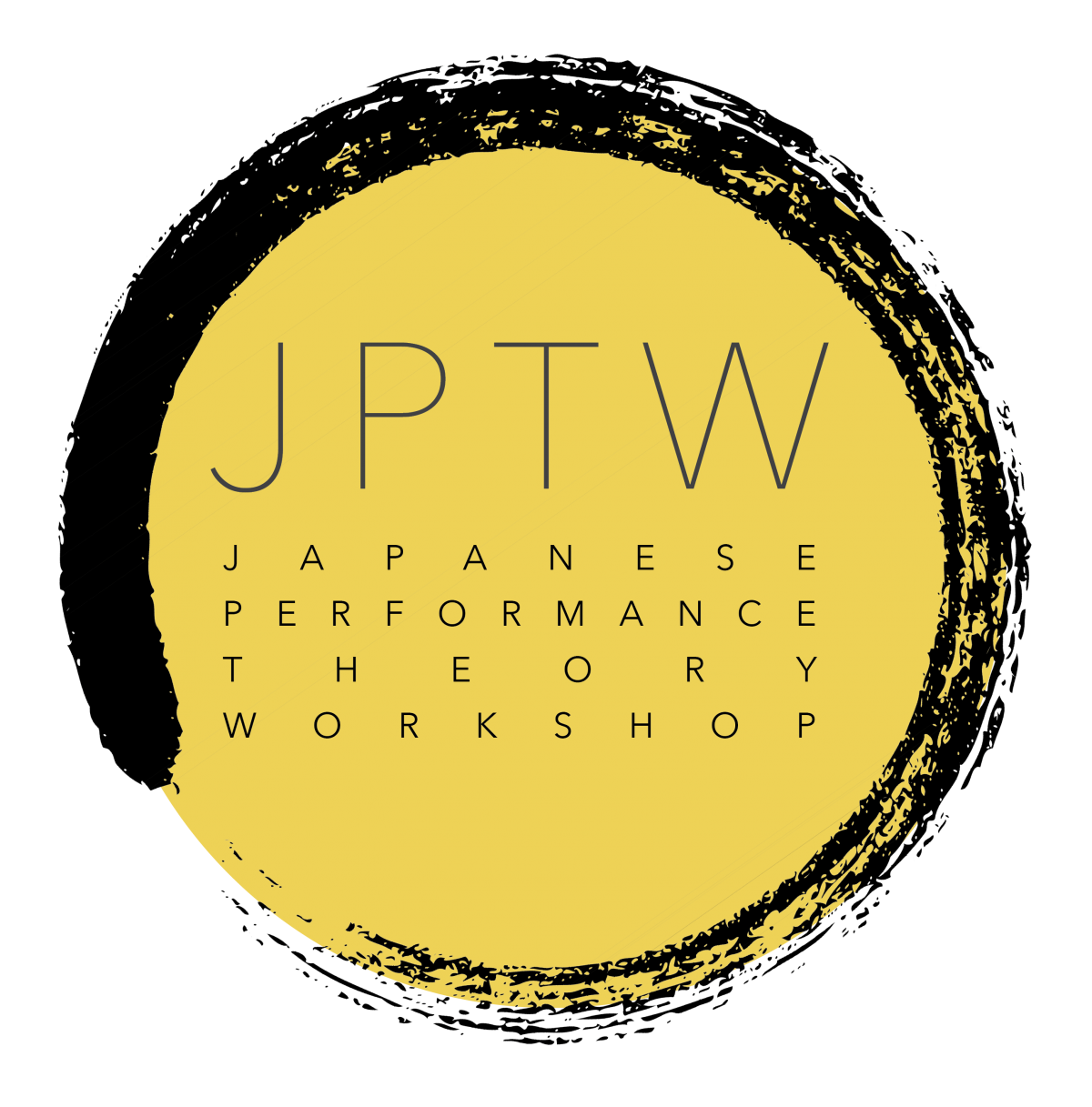In planning the JPTW, it seemed important to ensure that participation would be affordable for students, faculty, and artists of all backgrounds. This represented a kind of courtesy, but also a deliberate politics of inclusion and access that felt truly crucial in hindsight–after meeting the participants and learning firsthand of the varied and prohibitive financial pressures they faced. Mileage and flight reimbursements made a huge difference! This is where the line between who enjoys access to certain curricular or extracurricular opportunities–or not–juts into relief. My sense is that those with more generous funding resources also tend to have greater access to a wider or deeper pool of critical resources, not to mention precious extra time required to earn facility with different approaches, on top of teaching and language-study commitments. If “time is money,” then a lack of money causes a lack of time to experiment more freely with the time-consuming–or for some naysayers, “time-wasting”–work of grasping multiple conceptual lenses.
This lack only compounds as graduate students move to the writing stage and (brutally anemic) academic job market, where they are increasingly expected to demonstrate fluency in more languages–linguistic and conceptual–than the faculty hiring them ever had to. And indeed, for some postgraduates who’ve entered the academy as teachers/researchers, crushing course loads and “service” work during the regular academic year makes later efforts at professional development in this vein hard to fit in. My own cushy graduate funding situation enabled my relative ignorance about the considerable extent to which providing the travel and lodging subsidies mattered. A lesson to remember for future initiatives…!

